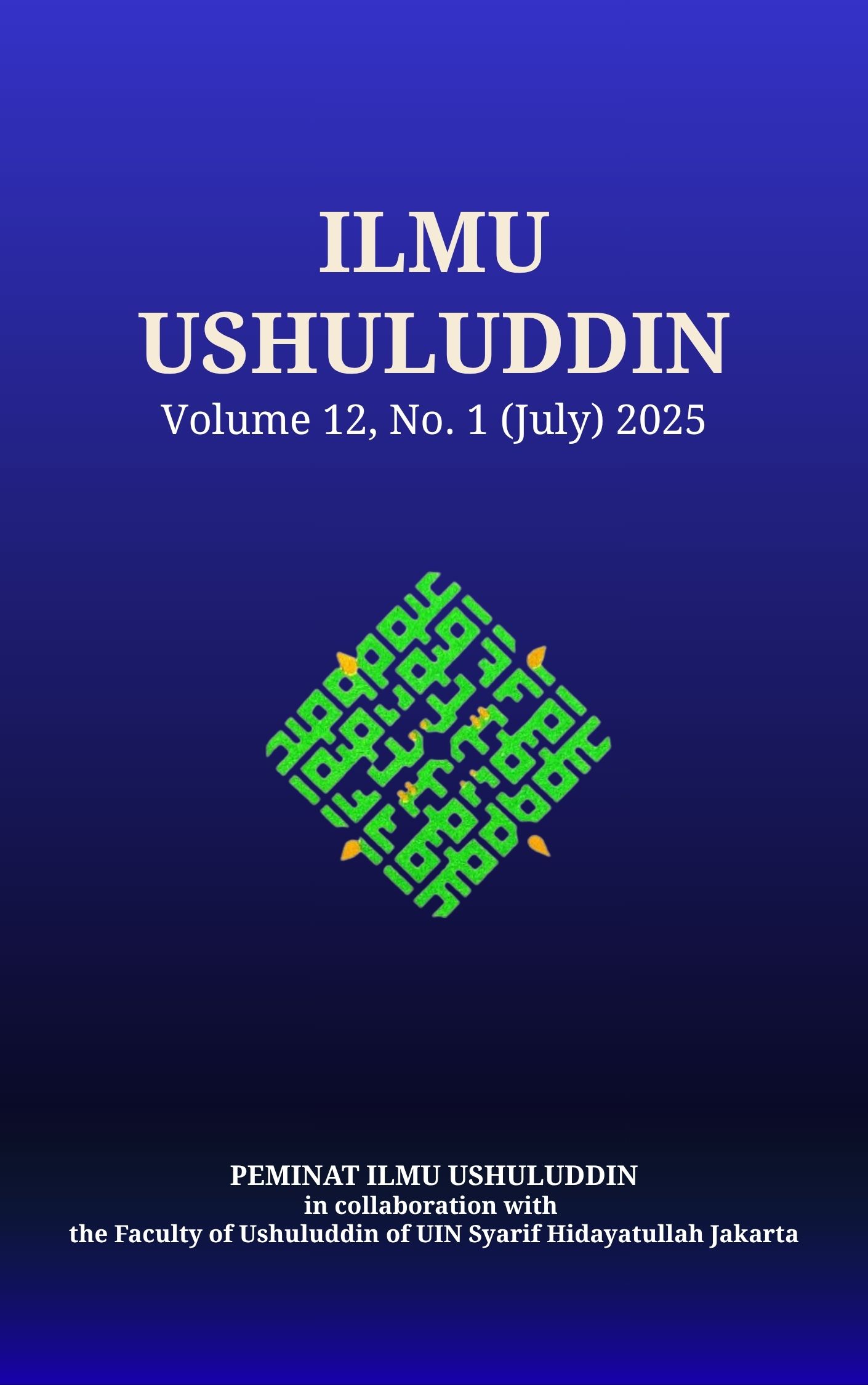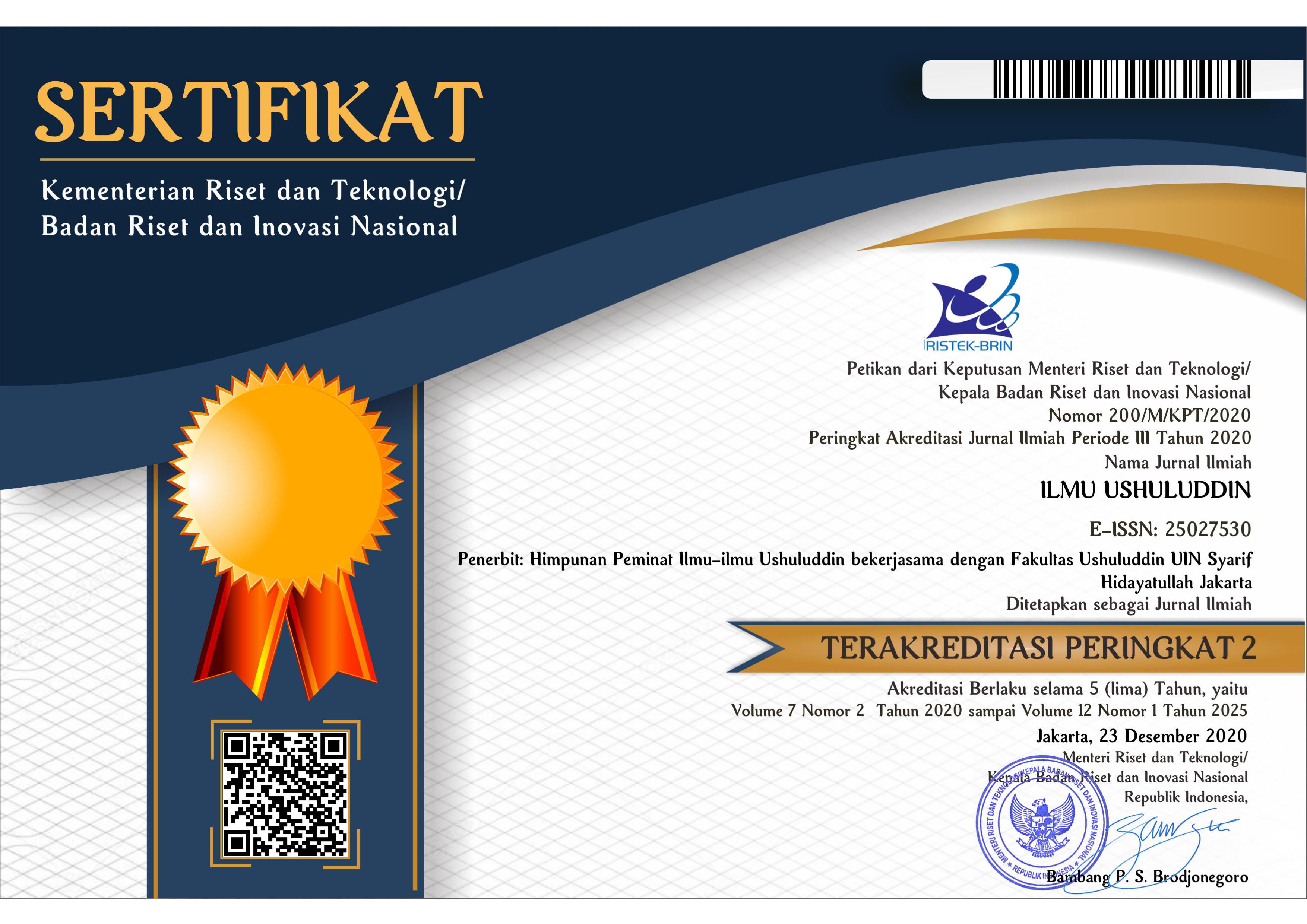THE SOCIAL REPRESENTATIONAL POWER OF IBN MUJAHID IN THE FORMATION OF THE QIRĀ’ĀT
DOI:
https://doi.org/10.15408/iu.v12i1.46776Abstract
The Canonization of the Seven Qirāʾāt by Ibn Mujāhid (d. 324 AH) represents a pivotal effort in disciplining the diverse recitations of the Qur’an during the classical Islamic period. Prior to Ibn Mujāhid, there existed a wide array of qirāʾāt, but he proposed a restriction to seven recitations deemed authentic. This article analyzes Ibn Mujāhid’s attempt at standardizing the qirāʾāt through the lens of Serge Moscovici’s social psychology, particularly his theories of social representation, minority influence, and ideological conflict. Through the theoretical framework of social representation, this study demonstrates that the Seven Qirāʾāt are not merely the result of scholarly codification, but a form of social construction shaped by the authority of religious scholars and supported by broader socio-political dynamics. Drawing on the concept of minority influence, the article explores how Ibn Mujāhid, as an intellectual figure, played a crucial role in shifting the majority’s perception and establishing a widely accepted standard of qirāʾāt. Furthermore, the article argues that the standardization of qirāʾāt is part of a broader ideological conflict in Islamic history, involving tensions between preserving diversity and the necessity of uniformity in Qur’anic recitation. In conclusion, Ibn Mujāhid’s endeavor to formalize the Seven Qirāʾāt should be understood as a product of social construction shaped by intellectual, social, political, and religious dynamics, rather than merely a philological phenomenon.




